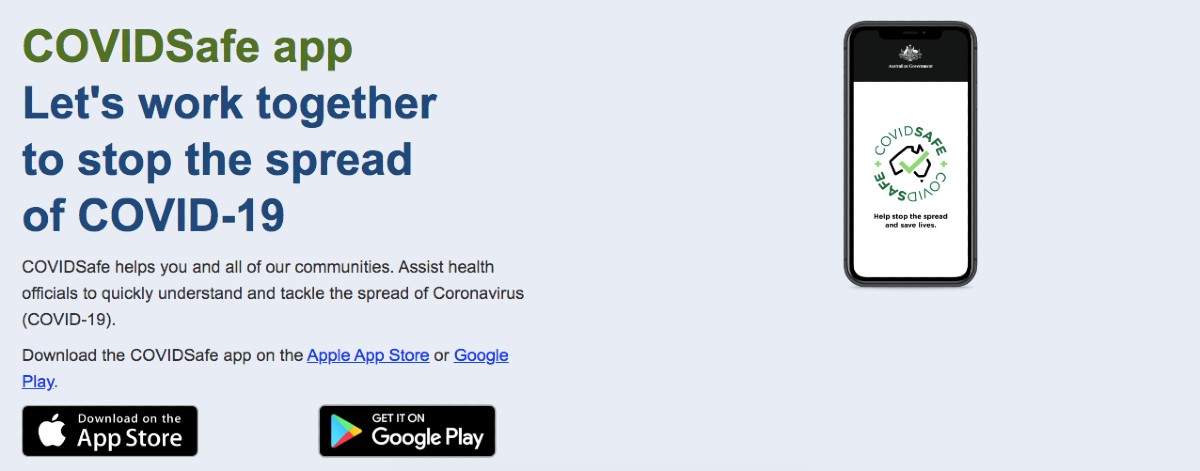
Should governments force citizens to use tracking apps?
It might save lives but it tests the bounds of privacy
These are weird times, so you’re no longer surprised to hear politicians say things which used to sound weird. For instance, Australia’s Prime Minister recently promoted a smartphone app: “If you download this app, you'll be helping to save someone's life.” Why is the country’s leader advertising an app?
All over the developed world, governments are suggesting, or forcing, downloads of tracking apps so that they can track the movements of people who have tested positive to coronavirus. Typically these apps track a smartphone user’s movements and all of his contacts by pinging the phones of people nearby. The information is stored in a database. When a user tests positive, a message will automatically be sent to everyone he has been in touch with.
In Australia, many people – even some politicians — regard an app like this as a threat to privacy. Who knows what the government will do with the information, they ask. Unsurprisingly, governments, one and all, have given assurances that the information will be deidentified and deleted.
In Oxford’s Practical Ethics blog, Bryce Goodman, an AI, ethics, and innovation consultant, vigorously defends the mandatory use of tracking apps.
During the present crisis, apparatus of surveillance capitalism should be co-opted by public health organizations for benevolent ends. “The terrifying surveillance infrastructure for [contact tracing] exists and is maintained in good working order in the hands of private industry, where it is entirely unregulated and is currently being used to try to sell people skin cream,” writes privacy researcher Maciej Ceglowski. “Why not use it to save lives?”
Public health officials should automatically enroll everyone with a mobile phone in a contact tracing program, right now. We cannot be certain that contact tracing will work, but we can be fairly certain that anything short of an aggressive policy will fail.
He makes an interesting observation to allay concerns about privacy. If a nation is aggressively and successfully tracking infected people, it can afford to relax social distancing requirements. This would allow millions of people to return to work.
Although the imperative to socially distance applies to everyone equally, the consequences of such a regime are unequally distributed. For those of us with job security and financial stability, it means isolation and inconvenience. For others who cannot work remotely, do not have paid sick leave, or do not have savings, it means destitution and despair. …
Moving from social distancing to contact tracing could allow millions to return to work. It could permit schools to reopen, which over 30 million children depend upon for meals. And it could allow for geographically targeted, appropriately scoped quarantines that minimize additional hardships for society’s most vulnerable communities.
Michael Cook is editor of BioEdge
Creative commons
https://www.bioedge.org/images/2008images/4VQdJx3M.jpg
privacy
- How long can you put off seeing the doctor because of lockdowns? - December 3, 2021
- House of Lords debates assisted suicide—again - October 28, 2021
- Spanish government tries to restrict conscientious objection - October 28, 2021
